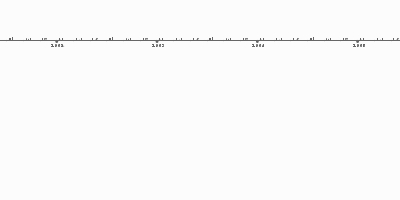Pullman Strike (1894) (may 11, 1894 – jul 20, 1894)
Description:
The Pullman Strike was two interrelated strikes in 1894 that shaped national labor policy in the United States during a period of deep economic depression. The first strike was by the American Railway Union (ARU) against the Pullman factory in Chicago in spring 1894. When it failed, the ARU launched a national boycott against all trains that carried Pullman passenger cars.The nationwide railroad boycott that lasted from May 11 to July 20, 1894 was a turning point for US labor law. The conflict began in Chicago, on May 11 when nearly 4,000 factory employees of the Pullman Company began a wildcat strike in response to recent reductions in wages. Jennie Curtis who was president of seamstress union ARU LOCAL 269 gave a speech at the ARU convention urging people to strike. All these workers wanted was union recognition, wage increase, and rent reduction. However, the strike was unsuccessful.The federal government obtained an injunction against strikers. President Grover Cleveland ordered the Army to stop the strikers from obstructing trains. Strike leader Eugene V. Debs was arrested and convicted of conspiracy and violation of a court order and is sentenced to six months in prison. And finally, American Railway Union dissolved.
Added to timeline:
Date:
may 11, 1894
jul 20, 1894
~ 2 months and 10 days
